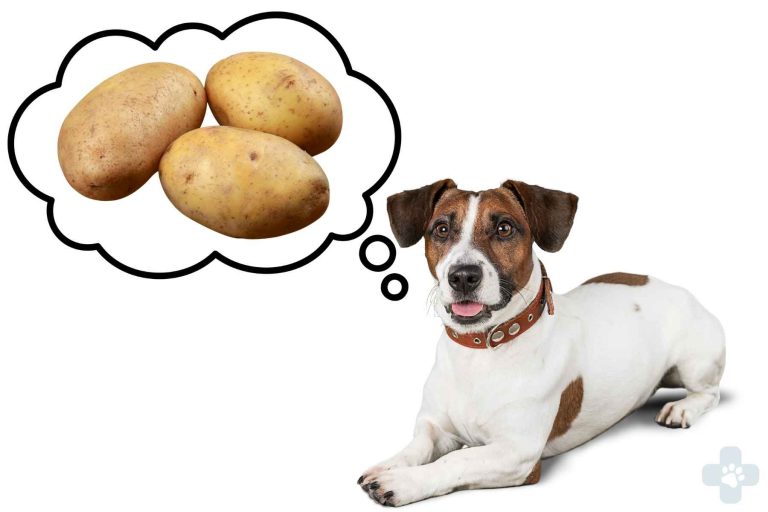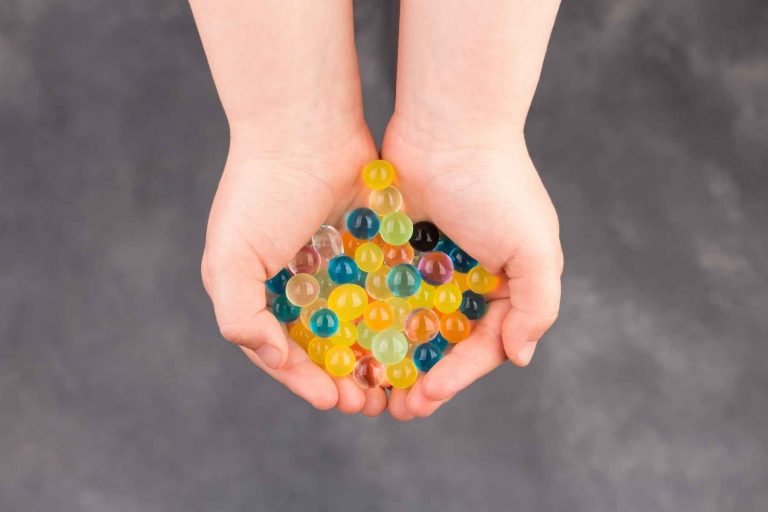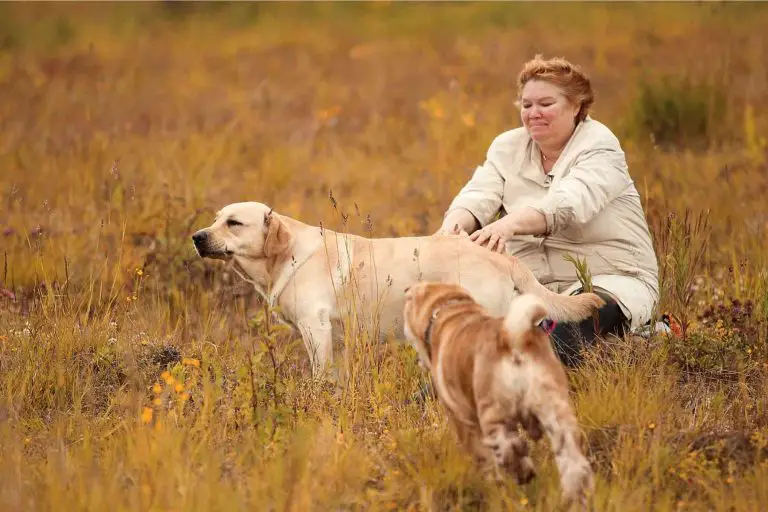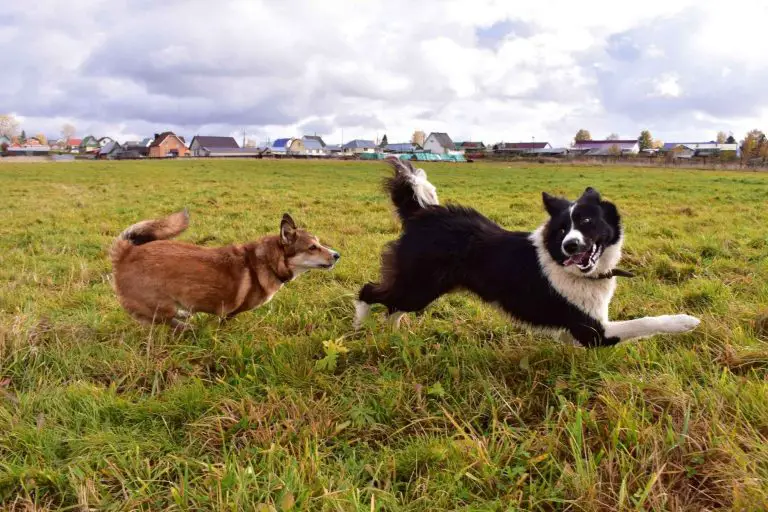Can Dogs Eat Carrots?
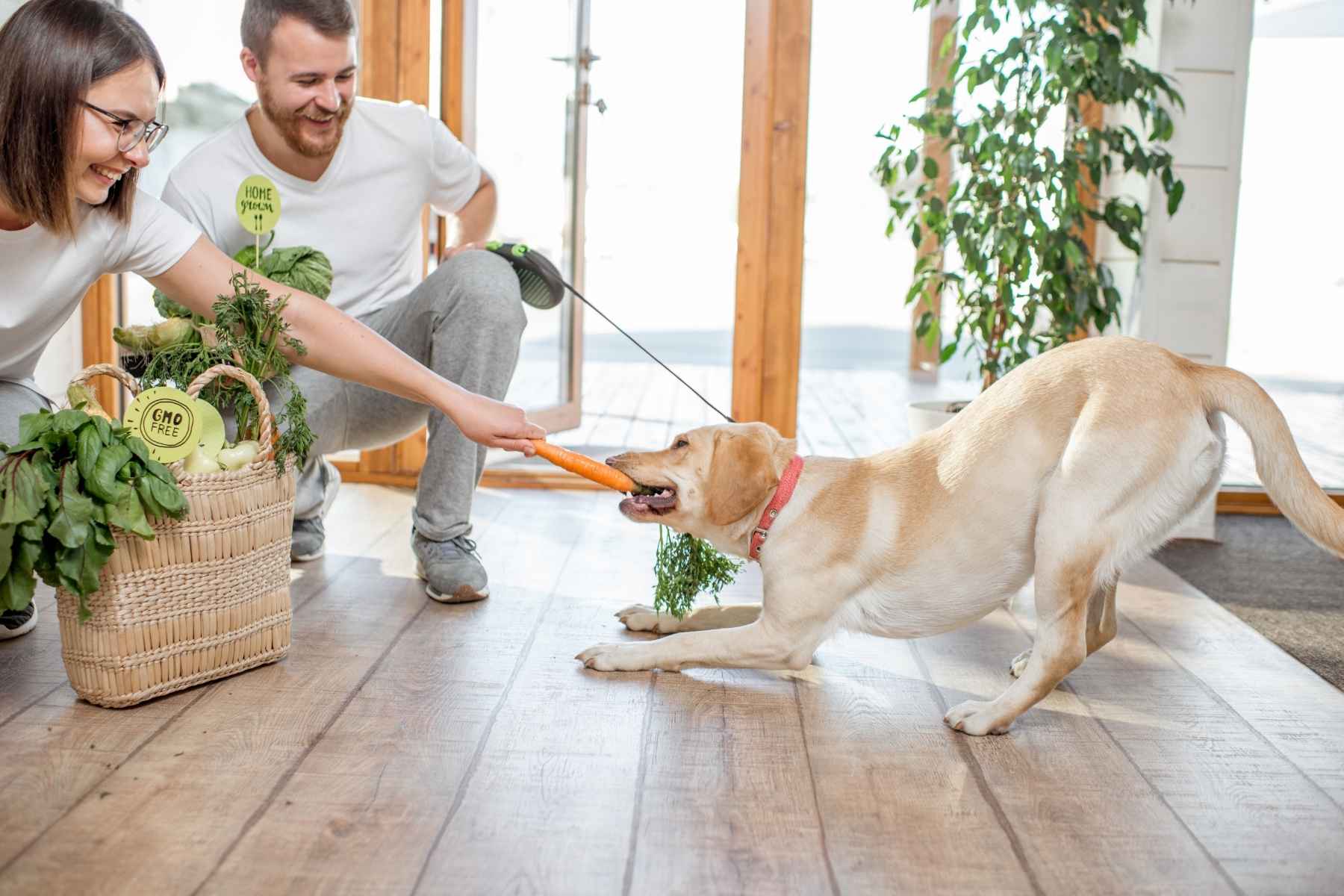
Our dogs become a part of the family, which means they want to join in at mealtimes too. While some human foods make a nice treat, others can harm your pup’s health, so it’s essential to learn the difference between them.
Carrots make a great low-calorie treat for your canine. They are rich in antioxidants and vitamins, which help to strengthen your dog’s immune system and improve their overall health. As with any treat, you’ll want to keep their carrot intake to a minimum and ensure that they maintain a well-balanced diet.
Continue reading to learn why carrots are good for a dog’s health and the best portion size to serve your pup.
Can Dogs Eat Carrots?
Dogs can eat carrots; this food provides them with a healthy dose of fiber and beta-carotene while remaining low in calories. In addition, the crunch of a carrot is fun for your dog to eat and great for their teeth.
What Are The Benefits Of Giving Carrots To Dogs?
If you’re going to give your canine a vegetable treat, carrots are a great choice. These vegetables are both nutritious and affordable, giving you the perfect way to reward your dog for good behavior.
Carrots are a great source of antioxidants and vitamins A, B8, C, K, folate, iron, potassium, and copper. Vitamin C and antibacterial properties boost the immune system and help maintain a strong defense against diseases.
The high fiber concentration can also improve the regularity of bowel movement in your canine and add bulk to their stools. If your dog is suffering from loose stools, carrots can be a great way to combat this. Just be careful not to add too much too quickly, or you could cause further tummy upsets.
A large, frozen carrot also makes a fun toy for your dog to play with that is entirely safe for them to bite and chew on.
Can Dogs Eat Raw Carrots?
Some vets recommend feeding raw carrots that are cold or frozen to help puppies cope with teething pain. And these dental benefits extend to adult dogs too. Chewing on carrots helps keep your dog’s teeth healthy while offering them a great source of vitamins, fiber, and potassium.
Carrots are a great alternative to other dog treats because they have a far lower calorie count and less salt and additives than biscuits or other treat foods.
Can Raw Carrots Cause Diarrhea In Dogs?
Carrots can cause diarrhea in dogs, but not because they’re raw. More often, diarrhea or other stomach upsets occur if you feed your canine too much human food (or food outside their regular diet) in one go.
Raw carrots significantly contribute to your canine’s oral health; as they bite down on the carrot, it scrapes against the plaque on their teeth, helping to prevent buildup.
Can Dogs Eat Cooked Carrots?
Yes, dogs can eat cooked carrots, and these can provide a greater nutritional content than the raw variety. While raw carrots are a light snack for your dog that provides some good qualities for dental hygiene, dogs cannot fully process the nutritional content of a raw carrot.
This is because each cell in the carrot has a wall of cellulose around it, which is likely to pass through your dog untouched. However, when you cook a carrot, you break these walls down and allow for better absorption of the nutrients.
Gentle cooking or steaming is the best method to optimize the nutritional value for your dog.
How Should I Serve Carrots To My Dog?
You can serve your dog raw or cooked carrots as a healthy snack or an additional dinner ingredient. In general, this is a safe food for dogs, though there are still a couple of precautions that you’ll want to take.
As with any human food, make sure you cut it into manageable chunks. Carrot – particularly raw or frozen – can have a hard texture, and if it gets stuck in your dog’s throat, they could find it difficult to swallow and may end up choking.
Thoroughly wash your veggies before serving them to your canine. This helps wash away any dirt and pesticides used by the manufacturers.
In addition, always start with a small amount. Every dog is different, so any food has the potential to cause a reaction. The best way to avoid this is to give them one serving to begin with and monitor their response. As long as they don’t experience any tummy upsets, you should be fine to proceed.
For the best guidance, consult your vet before making any changes to your dog’s diet. This allows you to ask how big a portion your dog can enjoy and if there are any related health concerns you should be aware of.
Healthy Ways To Feed Carrots To My Dog
Here are some suggestions if you’re looking for healthy ways to introduce carrots to your dog’s diet.
- Mix two to three cooked baby carrots into your dog’s usual food to improve the overall nutritional balance. Alternatively, grate some carrots and sprinkle them over the top of their dinner.
- Make a healthy carrot juice for your dog. Be mindful when purchasing from supermarkets; check the salt and sugar contents plus the ingredients list to check that there are no hidden nasties. It’s better (where possible) to blend carrot juice yourself, so you know exactly what’s in it.
- Only give your canine small amounts of carrot juice as it has a high concentration of Vitamin A which can be toxic in large quantities.
- Steam or mash carrots for your canine and allow them to enjoy as a standalone treat.
- Freeze a carrot and allow it to double up as a treat and a toy.
How Many Carrots Can I Give My Dog?
Carrots are a low-calorie food, with only 35 calories per 100g. This means that you don’t need to worry about your dog consuming too many calories from this treat as it has a far lower concentration than many of their other treat foods.
On average, a dog can eat around two to three baby carrots a day that you chop up into small pieces. Your aim is to keep treat foods to less than 10% of your dog’s overall food intake.
Is It OK To Give Your Dog Carrots Every Day?
Dogs are between carnivores and omnivores, so they require a diet rich in meat, with little need for fruits and vegetables. Their ancestor, the wolf, is a strict carnivore, but over time the domesticated dog has increased its amylase production, allowing them to digest a broader range of foods.
If you look at a dog’s teeth, you can see that they’re designed for ripping meat apart, and although dogs produce amylase, it is not present in their saliva as in other omnivores. A dog’s digestive system may have adapted somewhat over the years, but their bodies are still designed to process diets rich in meat.
That being said, there’s nothing wrong with giving them the occasional portion of veggies such as carrots, as long as it doesn’t comprise more than 10% of their overall food intake.
Do Carrots Improve A Dog’s Eyesight?
Remember when you were a child, and your parents told you to “eat up all your carrots because they’d allow you to see in the dark?” Well, it turns out that there is some truth to this myth. Carrots contain vitamin A, which helps to improve overall eyesight.
In addition, the high concentration of beta-carotene reduces the risk of macular degeneration by up to 40%. This disease often leads to vision loss, particularly in dogs and the elderly.
In addition to supporting eye health, Vitamin A helps build your dog’s immune system and maintain a healthy coat and skin.
Why Should Dogs Not Eat Carrots?
There is no reason that dogs should not eat carrots, but there is one factor that owners should be aware of. Carrot cells contain cellulose, a substance that dogs are unable to metabolize. This prevents your dog from accessing much of the carrots’ nutrition.
But there are some ways to get around this: break down the cellulose before feeding the carrot to your canine. Blending or pureeing the carrots helps release some of the nutrition; cooking can also help break down the cellulose and make the nutrients more accessible to your dog.
Steaming or microwaving are the best methods for cooking carrots as they help preserve the nutritional value. In contrast, boiling the vegetables allows the nutrients to leach out and defeats your cooking purpose.
When Are Carrots Bad For Dogs?
In general, the only time that carrots are bad for dogs is if they consume too many. Carrots are a portion of healthy food for dogs, but they’re still a “treat” food and should not comprise more than 10% of their diet.
If you substitute too much “normal” food for treats, you’ll find that your dog’s overall health suffers. As carnivores/omnivores, dogs need the protein and nutrition found in meat to maintain optimum health levels.
Final Thoughts
Carrots are a great addition to your dog’s dinner or a fun snack to reward them for good behavior. You’ll have no problems if these carrots stay as a treat. But as always, consult with your vet for the best advice regarding the individual health of your dog.

